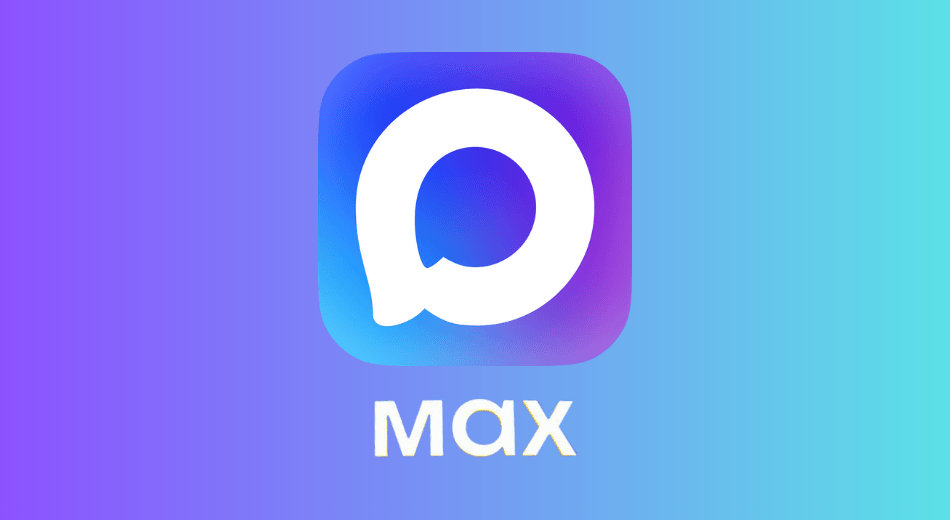
Starting September 1, 2025, all smartphones and tablets sold in Russia will be required to include the government-backed messaging platform MAX.
The move follows increasing surveillance efforts and ongoing regulatory pressure on foreign messaging apps such as WhatsApp and Telegram.
The decision was announced via the official Russian government communication channel on Telegram, and comes amid an escalating campaign to centralize control over the country's digital communications infrastructure. MAX, developed by VK (formerly Mail.ru Group), is positioned as a “national messenger” and has been aggressively promoted by Russian authorities. According to the platform, the app has already reached over 18 million users, despite still being in a beta phase.
The MAX messenger project is led by VK, a state-influenced tech firm known for running several of Russia's most visited web properties, including the VKontakte social network. Its new messenger integrates deeply with government services, including Russia's e-government portal, Gosuslugi, allowing users to authenticate their identity and eventually conduct official transactions through the app. While MAX does not yet mandate passport verification, it restricts access via foreign numbers and allows identification through domestic phone numbers, raising significant privacy concerns.
Alongside MAX, the government is also making the domestic app store RuStore mandatory on all devices running Apple's iOS and Xiaomi's HyperOS. Previously, RuStore was only pre-installed on Android and HarmonyOS devices. Additionally, from January 1, 2026, all smart TVs sold in Russia must come preloaded with Lime HD TV, a platform offering free access to state-run television channels.
These moves are part of a long-term strategy to reduce Russia's reliance on foreign digital platforms and ensure state visibility into the country's communication channels. MAX replaces VK Messenger, which has been the required pre-installed messaging app since early 2023 but failed to gain significant traction beyond Russia's tech-savvy youth and government employees.
This policy shift follows the Russian Interior Ministry's public endorsement of MAX's security features and a recent announcement. However, critics have accused MAX of being little more than a surveillance tool wrapped in a messenger interface. State-run media outlets have denied these claims, asserting that MAX collects less user data than WhatsApp or Telegram.
MAX is part of a broader toolkit for Russian digital realignment, where native platforms are increasingly favored, and foreign ones are either restricted or undermined through regulatory and infrastructural pressure. This includes recent government-imposed limitations on WhatsApp and Telegram call functions, allegedly due to non-compliance with local law enforcement data-sharing demands.
For Russian users concerned about digital privacy, we recommend checking these messengers that emphasize decentralization and strong end-to-end encryption, and are not subject to Russian jurisdiction. Users should also consider minimizing exposure to apps that require state-linked identity verification and should avoid using government-integrated services for sensitive communications.






Leave a Reply